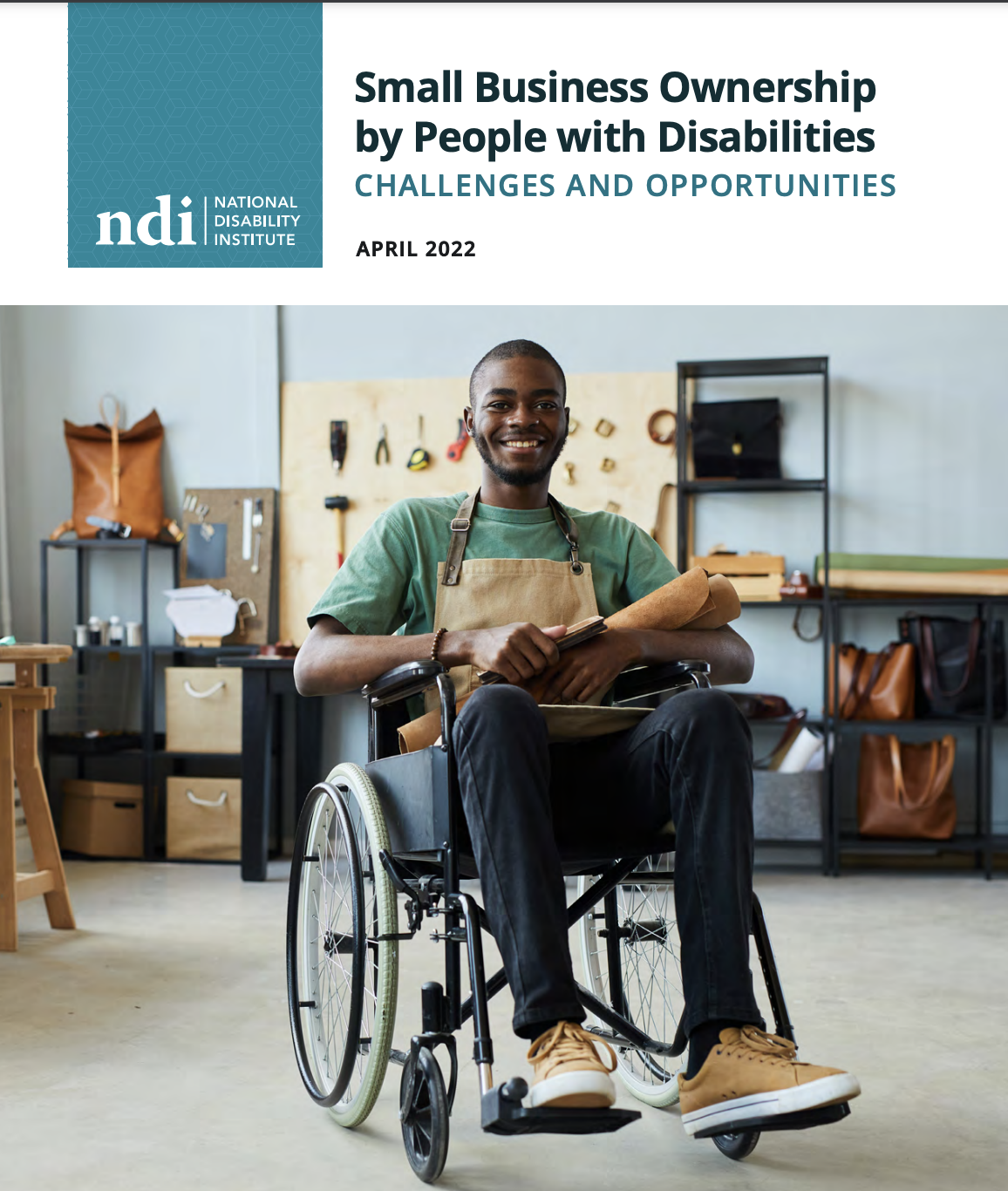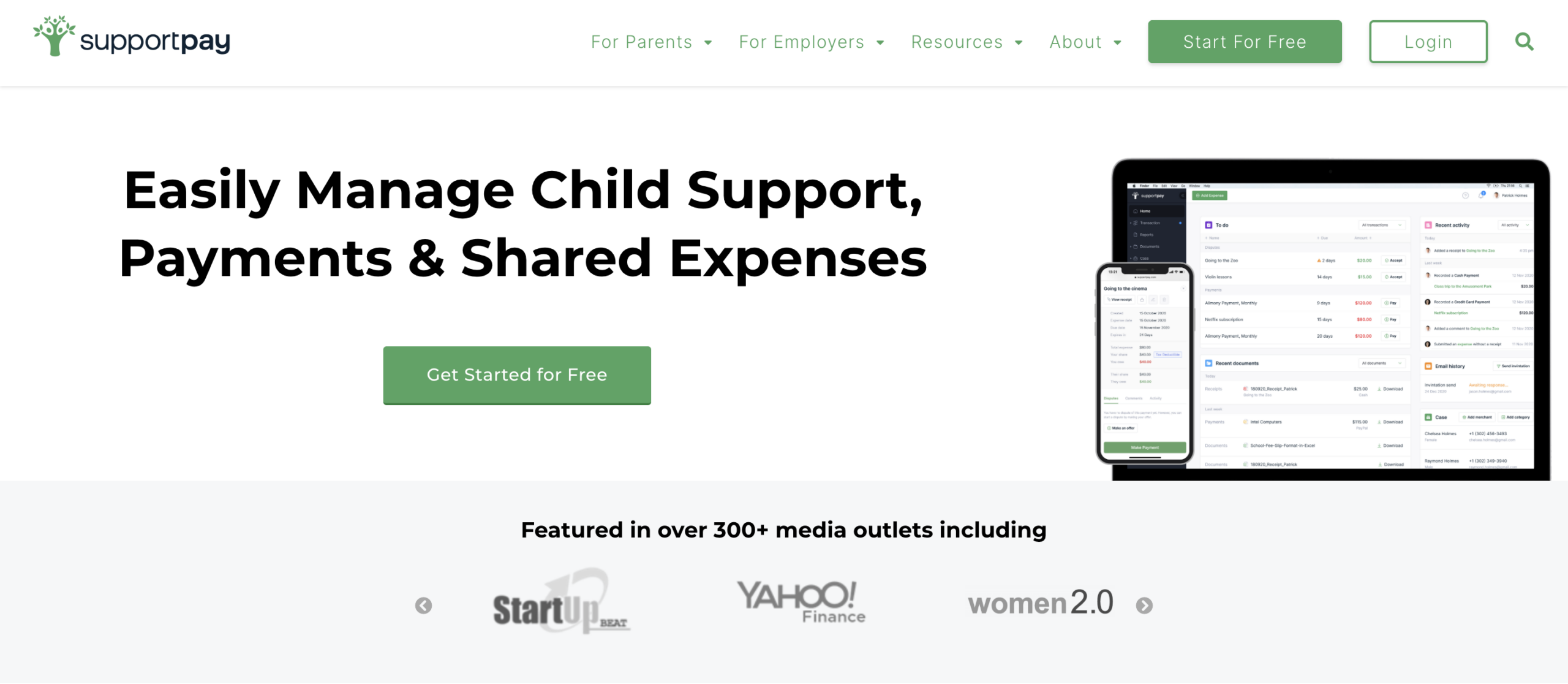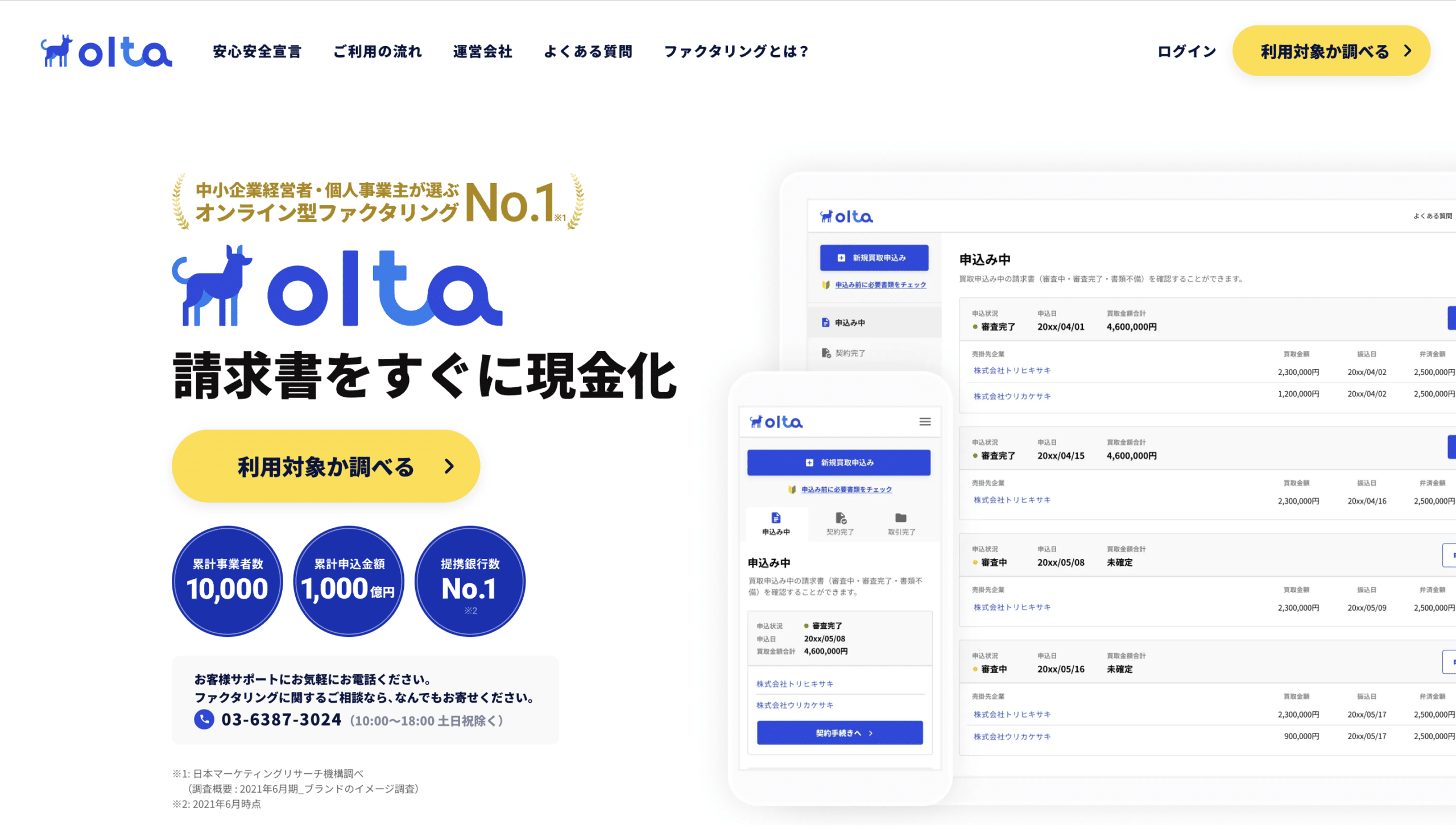
- Venture investing platform OurCrowd announced an integration with Airwallex.
- The integration will make it easier for investors around the world to use their local currency to invest in startups.
- Based in Israel, OurCrowd made its Finovate debut at FinovateSpring 2016.
Payments and financial platform Airwallex and venture investing platform OurCrowd announced a new partnership this week. The two companies are combining their efforts to make it easier for both institutions and accredited investors to invest in startups wherever they are and in their local currency – all with a single click.
The integration works with OurCrowd allocating a global account for each investor. Investors can choose to convert their funds into a number of different currency options, including their own local currency. OurCrowd converts the funds to the selected currency at a transparent rate that is typically guaranteed for 24 hours. More than a third of OurCrowd’s FX flow has moved via Airwallex since the company embedded its API in February. OurCrowd anticipates increasing its flow to 90% by the end of the year.
“With the globalization of the startup world advanced fintech which is multi-currency is a game changer,” OurCrowd CEO Jon Medved said. “Now you can be sitting in Israel and invest in a Silicon Valley startup, pay in Shekels with a single click and it is totally transparent.”
Traditionally, investors have had to convert their local funds into U.S. dollars and then send those funds by wire in order to invest in startups. In contrast, the partnership between OurCrowd and Airwallex will provide investors from more than 195 countries with a platform that enables them to use their own currency to invest in startups. Integrating Airwallex’s API into its platform also gives accredited investors access to Airwallex solutions such as Global Accounts, Payouts, and LockFX which offer further opportunities for investors to participate in startup deals.
Pranav Sood, EGM, EMEA at Airwallex, described the partnership as another success for embedded finance. Sood explained that the integration was a “perfect example” of supporting the growth of its end users while simultaneously giving OurCrowd tools to add to the services they are able to offer. “From streamlining payment processes for investors and startups to minimizing FX costs, embedded finance is simplifying the way businesses operate across borders,” Sood explained.
Headquartered in Melbourne, Australia, Airwallex helps more than 100,000 businesses streamline their international payments and financial operations. The company offers solutions for payments, treasury and spend management, as well as embedded finance, and processes $50 billion in annualized transaction volume. In recent months, Airwallex has forged partnerships with Brex, payments network TrueLayer, business payments platform MODIFI, and Expedia. Founded in 2015, the company has raised more than $900 million in funding at a valuation of $5.6 billion.
OurCrowd made its Finovate debut at FinovateSpring 2016. At the conference, the Israel-based company showed how its app provided an interactive investment discovery and review process to help accredited investors make better, more informed decisions. One of the most active venture investors in Israel over the past ten years, according to Pitchbook, OurCrowd has more than $2.2 billion in commitments. The company has deployed capital into more than 420 portfolio companies and 50 funds across five continents. Founded in 2013, OurCrowd has more than 225,000 registered members from 195 countries on its platform today.













